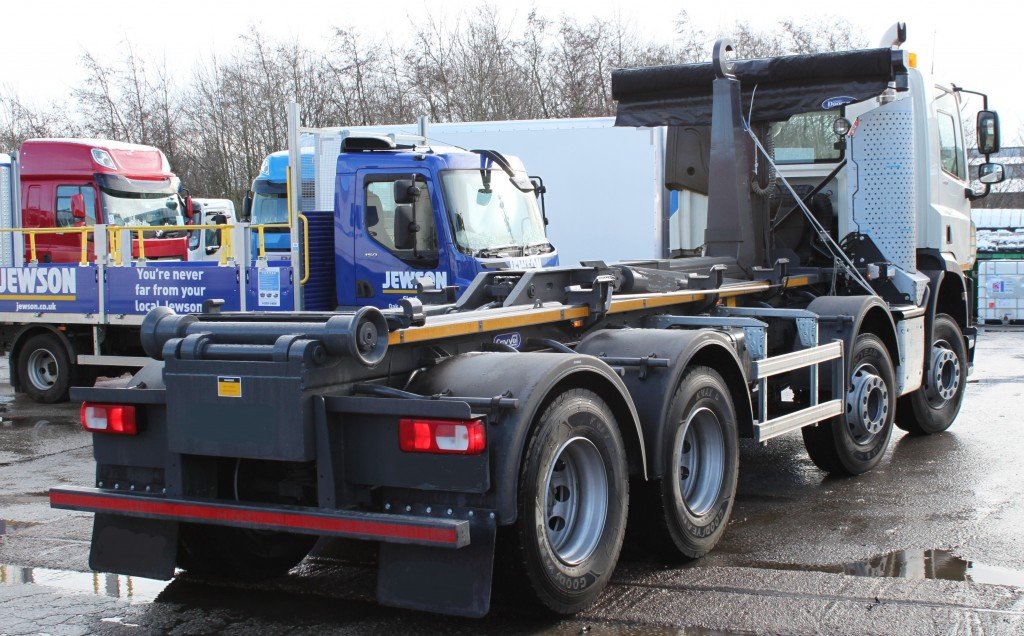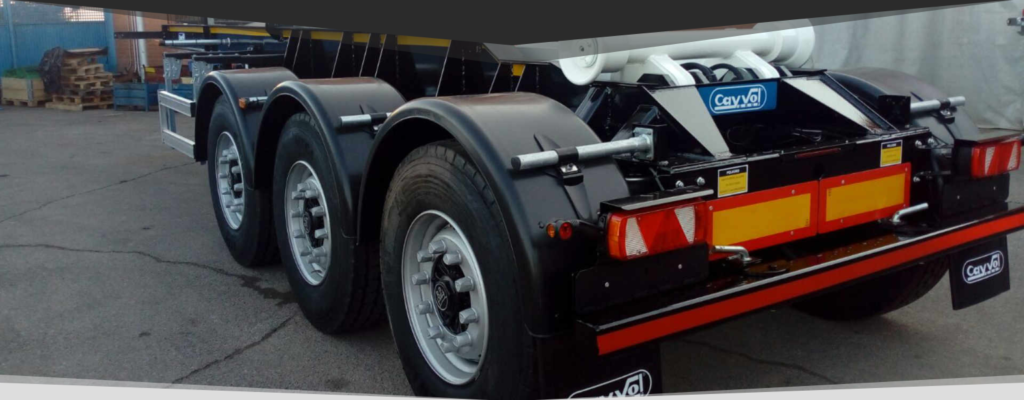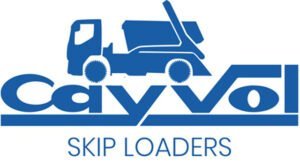
Maintaining Your Skip Bin Loader: Best Practices
Skip bin loaders are essential equipment in waste management, construction, and various other industries. Regular maintenance is crucial to ensure their longevity and efficiency. Proper upkeep not only prevents breakdowns but also enhances safety and productivity. Here are some best practices and maintenance tips to keep your skip bin loader in top condition.
Regular Inspections
Conducting regular inspections is the cornerstone of effective maintenance. Schedule daily, weekly, and monthly inspections to identify any wear and tear or potential issues. Key areas to inspect include:
- Hydraulic Systems: Check for leaks, cracks, and ensure fluid levels are adequate.
- Mechanical Components: Examine lifting arms, hooks, and other moving parts for signs of wear or damage.
- Electrical Systems: Inspect wiring and connections for any signs of fraying or corrosion.
- Structural Integrity: Look for any signs of rust, dents, or structural weakness in the chassis and body.
Lubrication
Proper lubrication of moving parts is vital to prevent wear and tear. Use manufacturer-recommended lubricants and follow the specified intervals for application. Key components to lubricate include:
- Hydraulic Cylinders: Ensure smooth operation and prevent sticking.
- Pivot Points and Bearings: Reduce friction and extend the lifespan of moving parts.
- Chains and Cables: Prevent rust and ensure smooth movement.
Cleanliness
Keeping your skip bin loader clean is essential for both functionality and longevity. Regular cleaning prevents the buildup of debris, dirt, and corrosive materials that can damage components. Best practices for cleaning include:
- Daily Cleaning: Remove debris and dirt from the exterior and interior of the loader.
- Pressure Washing: Use a pressure washer to clean hard-to-reach areas and remove stubborn grime.
- Rust Prevention: Apply rust inhibitors to exposed metal surfaces to prevent corrosion.
Hydraulic System Maintenance
The hydraulic system is the heart of your skip bin loader. Regular maintenance of this system ensures smooth and efficient operation. Important steps include:
- Fluid Levels: Check and top up hydraulic fluid regularly.
- Filter Replacement: Replace hydraulic filters according to the manufacturer’s recommendations.
- Leak Checks: Regularly inspect hoses, seals, and connections for leaks and replace any damaged components.

Tire Maintenance
Tires are critical for the mobility and stability of your skip bin loader. Regular tire maintenance includes:
- Pressure Checks: Maintain proper tire pressure to ensure optimal performance and safety.
- Tread Inspection: Check for uneven wear and replace tires when the tread depth is insufficient.
- Alignment: Ensure wheels are properly aligned to prevent uneven tire wear and improve handling.
Electrical System Maintenance
The electrical system powers various components of your skip bin loader. Regular maintenance helps prevent electrical failures. Key practices include:
- Battery Checks: Inspect battery terminals for corrosion and ensure the battery is securely mounted.
- Wiring Inspection: Check for frayed or damaged wires and replace them as needed.
- Light and Indicator Checks: Ensure all lights and indicators are functioning correctly.
Operator Training
Proper operator training is crucial for both safety and maintenance. Well-trained operators are more likely to handle the equipment correctly and identify potential issues early. Training should cover:
- Operation Procedures: Ensure operators understand how to use the loader safely and efficiently.
- Maintenance Protocols: Teach operators basic maintenance tasks and how to report issues.
- Safety Practices: Emphasize the importance of wearing safety gear and following safety protocols.
Record Keeping
Maintaining detailed records of inspections, maintenance, and repairs is essential for effective upkeep. These records help track the condition of the loader and ensure all maintenance tasks are completed on time. Key records to keep include:
- Inspection Reports: Document findings from regular inspections.
- Maintenance Logs: Record all maintenance tasks, including dates and details of work performed.
- Repair Records: Keep track of any repairs, including parts replaced and costs.
Professional Servicing
While regular in-house maintenance is crucial, professional servicing should not be overlooked. Schedule periodic professional servicing with qualified technicians who can perform comprehensive checks and repairs. Professional servicing ensures:
- Expert Evaluation: Technicians can identify and fix issues that may not be apparent during routine inspections.
- Advanced Diagnostics: Use of specialized tools and equipment for thorough diagnostics and repairs.
- Warranty Compliance: Keeping up with professional servicing can help maintain warranties on the equipment.
Conclusion
Maintaining your skip bin loader through regular inspections, proper lubrication, cleanliness, and professional servicing is essential for optimal performance and longevity.
By following these best practices, you can prevent breakdowns, enhance safety, and ensure your skip bin loader remains in top condition.
A well-maintained loader not only improves efficiency but also reduces long-term maintenance costs, making it a valuable asset in your operations.
